Succeed intermittent fasting
tailored meal preps delivered everywhere in Switzerland and Liechtenstein
Discover

Avoid the main pitfalls of intermittent fasting
Why can intermittent fasting fail?
1. Overeating during meal windows
2. Wrong choice of food
3. Late dinners
How to fast and lose weight
Right quantity and nutrition during meal windows
Fast 16-18h
Ketosis takes off, when your body sources energy from stored fat
Eat Low Carb 6-8h
Ideally portioned, healthy meals, low in carbs to support ketosis
Enjoy healthy food
eating pleasure helps nutrients absorption and reduces hunger
Taste and nutrition delivered
Gently cooked crunchy vegetables, translucent fish and juicy chicken - taste and nutrition locked in compostable vacuum sachets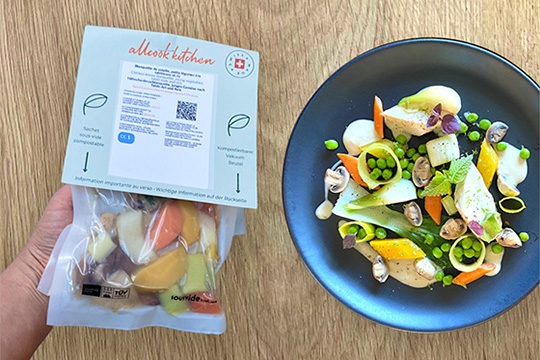
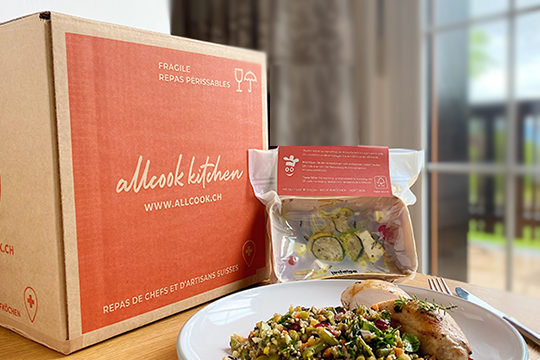
- Meal box designed for intermittent fasting
- Seasonal menus changing every week
- Home compostable vacuum packaging
- Return box and cooling blocks for free, we will reuse them!
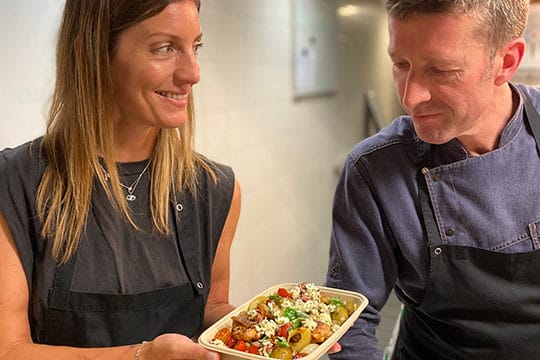
Choose intermittent fasting menu
from our chef and nutritionist
- 16:8 – 16h fasting, 8h meal window
- 5:2 – 5-day balanced menu, 2-day fasting menu
- A la carte – build your own menu
Aurelia Corbaz – practising micro nutritionist,
Benoit Thorey – chef du cuisine and founder of Allcook, ex. catering chef La Réserve Genève
How does it work?
Lose weight and enjoy food
Choose your menu
varied and balanced
Our chefs cook
from seasonal ingredients
We deliver Swisswide
with SwissPost in a chilled box
It is ready in minutes
Enjoy & order again any time
Delicious meal plans vetted by the nutritionist
Low Carb
Fish, Chicken, Vegetables
Vegan
Plant proteins balanced
in essential amino acids
Mix & Match
Build your own menu
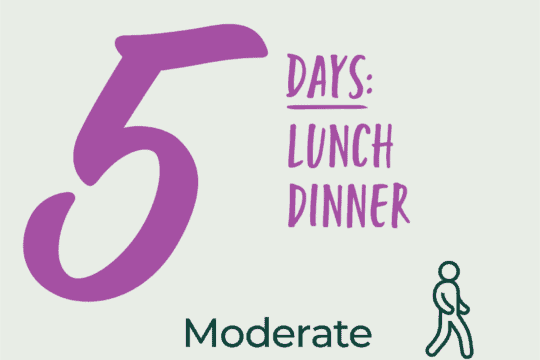
5 lunches, 5 dinners
meal box
- Low carb: fish, prawns, chicken and vegetables
- 16h (fasting, including sleep)
- 8h (meal window)
- 900 kcal per day
- Moderate activity: 2 to 3 hours per week
190 CHF
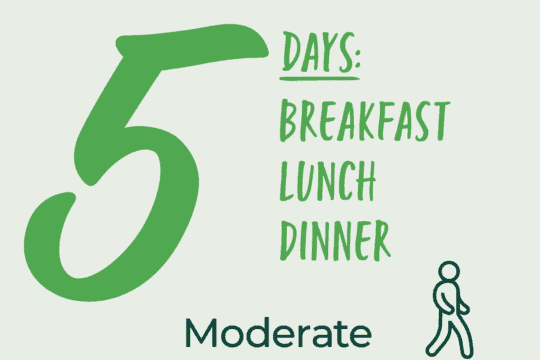
5 breakfasts, 5 lunches, 5 dinners
meal box
- Low carb: fish, prawns, chicken and vegetables
- 5-day healthy meal plan
- Designed for 5:2 intermittent fasting
- 1800 kcal per day
- Moderate activity: 2 to 3 hours per week
260 CHF
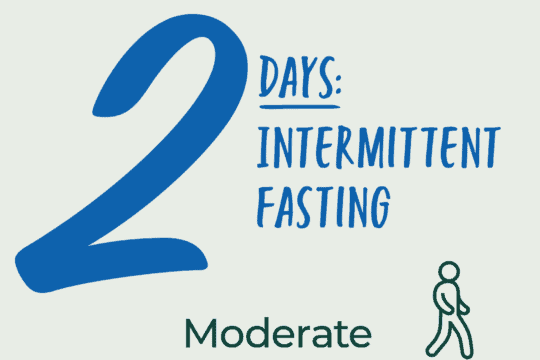
2-day fasting meal box
- Low carb: fish, chicken and vegetables
- 2 days of fasting for 5:2
- Designed for 5:2 intermittent fasting
- 500 kcal/day (25% of daily energy needs)
- Moderate activity: 2 to 3 hours per week
69 CHF
Popular Questions
You can purchase our menus once. You can try it to see if it works for you and decide later if you would like to purchase occasionally or become a subscriber.
The best-before date is mentioned on the pack. Meals are fresh in the fridge for 5 to 7 days after the delivery. We recommend enjoying your meals within the first few days of delivery. If you cannot finish your meals by the best-by date, you can store them in the freezer. Important to unfreeze them slowly in your fridge to keep the quality. Fast unfreezing in a microwave or ambient temperature will ruin the work of a chef.
Intermittent fasting is an eating plan that switches between fasting and eating on a regular schedule. A growing body of scientific evidence shows that intermittent fasting is a way to manage your weight and prevent — or even reverse — some forms of disease.
If a person don’t eat for 16h or longer, the body will go to its fat stores for energy, and fatty acids called ketones (ketosis) will be released into the bloodstream. This process helps to loose weight and has been shown to protect memory and learning functionality.
A low-carb diet limits carbohydrate intake to less than 30%. We minimise the consumption of “rapid” carbohydrates with a high glycemic index that cause blood sugar peaks and provokes hunger. This diet supports ketosis process as intake of glucose is reduced.
New England Journal of Medicine revealed data about a range of health benefits associated with fasting. These include a longer life, a leaner body and a sharper mind. Many human and animal studies showed the following benefits:
- better physical perfomance for young people
- losing weight and preventing obesity
- improved blood pressure and resting heart rates
Before you try intermittent fasting, consult with your doctor first. Some people should steer clear of trying intermittent fasting:
- Children and teens under age 18.
- Women who are trying to conceive, pregnant, breastfeeding.
- People with type 1 diabetes who take insulin. While an increasing number of clinical trials have shown that intermittent fasting is safe in people with type 2 diabetes, there have been no studies in people with type I diabetes.
- Those with a history of eating disorders.
Fasting itself is beneficial for your health even without weight loss. The most frequent mistake is overeating and binge snacking during mealtimes after fasting. That may lead to weight gain and demotivate you. To avoid doing so:
- control portions 350-450 kcal per meal for women; 450-550 kcal for men;
- clean up your storage from salty and sweet snacks;
- eat slowly and mindfully;
- look for food pleasure from contrasting textures, flavours and spices;
- limit without complete avoiding your favourite “naughty” foods and drinks.
- Wine and beer are good for you in moderation (1-2 glasses per week).
